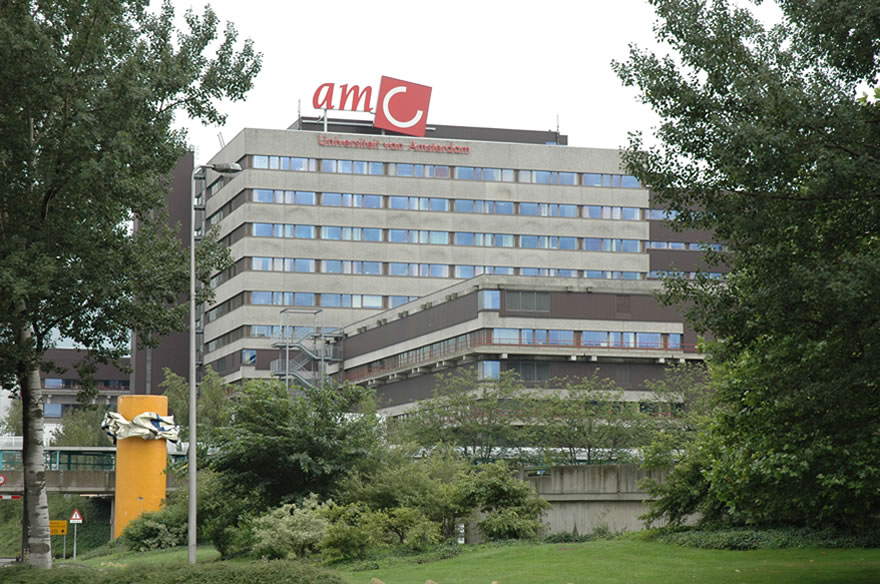AMC (Academisch Medisch Centrum), located in the Netherlands, is among the top university medical centres in the world. With nearly 10.500 staff members and 26.000 people present on campus every day, AMC is known for excellent patient care, cutting-edge medical research, and top-quality medical education.
For many years iGuana has been assisting AMC with electronic patient records management (Medical Viewer) and is currently working on integrating Medical Viewer with AMC’s Epic system, scheduled to go live in Q4 of 2015.
Digitizing Patient Records with Medical Viewer
AMC implemented iGuana’s Medical Viewer solution for digital archiving of patient medical records nearly 10 years ago. With several km worth of paper still in AMC’s records archive, it is no surprize that it is very difficult and extremely costly to maintain, resulting in all kinds of risks and errors.
“We implemented Medical Viewer because we wanted to have one system where we could keep archived electronic patient records in one standard format, easily accessible by medical staff. At the same time, we developed a system that doctors used to make digital notes about their patients,” explains Mark Hoogeveen, Cluster Manager responsible for all medical applications at AMC.
“Since Medical Viewer is integrated with our appointment scheduling system, we only scan files of those patients that have an upcoming appointment. The result is that our doctors don’t use paper anymore and we do not lose documents.”
AMC plans to embark on a full archive digitization / scanning project in the next years. This year’s priority, however, is seamless migration to Epic. “We want to make sure that all our systems are updated and in sync at all times; hence, less prone to errors and safe for our patients.”
A Smarter Way to Manage Patient Care Systems
AMC has always been a modern and innovative medical centre. Its ICT department alone employs over 200 staff responsible for managing the centre’s complex but critical IT infrastructure.
“For over 10 years we have been developing and supporting our own, in-house system called AZD (AMC Zorg Desktop). It integrates and synchronizes nearly 50 of our patient sub-systems, including an archive of scanned patient records in Medical Viewer”, Mark explains. “However, time has come to move to a more flexible and modern application i.e. Epic.”
Integrating Medical Viewer with Epic – A Critical Step
AMC has partnered with VUmc, another university medical centre that uses Medical Viewer, on the Epic migration project. Both organizations’ Medical Viewer solutions will be seamlessly integrated with the new system. Their staff will be able to easily find and retrieve electronic patient dossiers (EPDs) archived in Medical Viewer via the Epic user interface.
More than 250 people are working on the Epic migration project, including the iGuana team.
Applying Know-how in Healthcare Systems Integration
Integrating Medical Viewer with Epic is an important milestone in the AMC-iGuana collaboration. Both organizations believe that their combined expertise in healthcare IT and Medical Viewer-Epic integration is an important factor in ensuring success of this critical integration project.
“As you can imagine, an organization such as ours is highly dependent on its IT running smoothly. We can never take a break because our patients can never take a break,” says Mark. “We need to provide them with the best possible treatment and service around the clock.”
About AMC
AMC (Academisch Medisch Centrum) is the first and now one of the eight university medical centres in the Netherlands. Established in 1983, the centre earned its reputation as one of the top university medical centres in the world. AMC employs 10.500 people, has over 1.000 beds, welcomes 26.000 people to its town-size campus every day and 356.000 outpatients per annum. AMC is well known for its excellent patient care, cutting-edge medical research and top-quality medical education.




.jpg)




